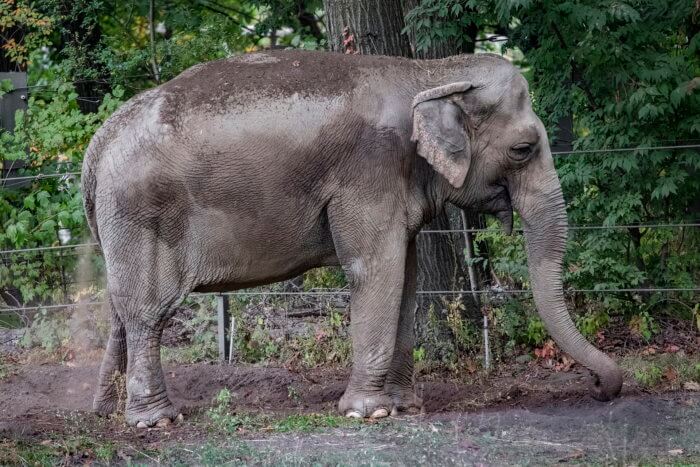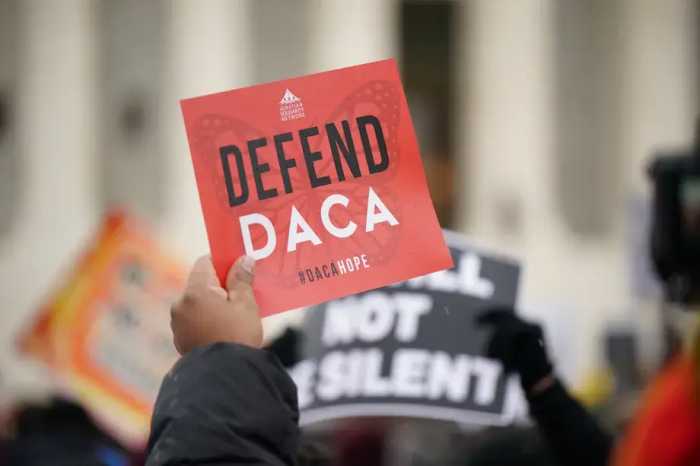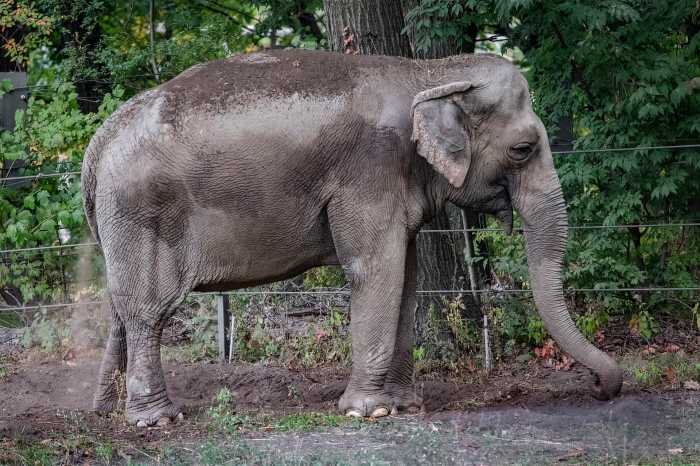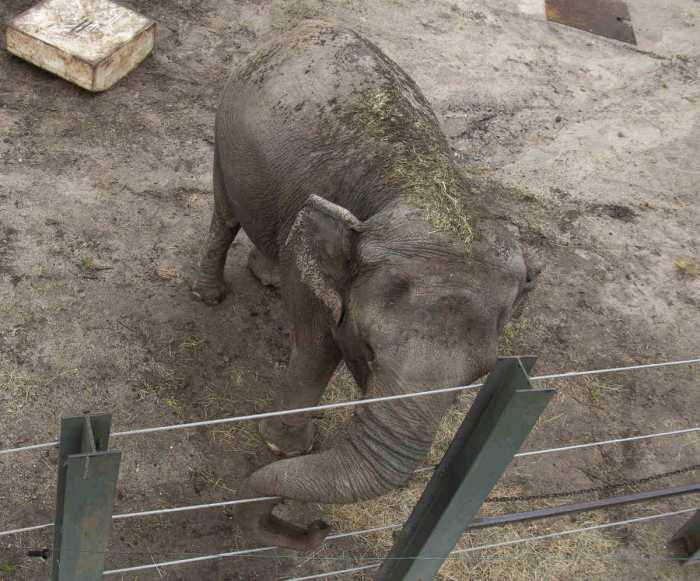The following stories spotlight the editorial work of the Bronx Times for the week of June 13.
Off-duty officer stabbed to death in Bronx apartment, estranged husband charged
Arianna Reyes-Gomez, 31, who was assigned to the NYPD Transit District, was found stabbed multiple times about her body inside her first-floor apartment at 780 Grand Concourse in Melrose at 2:50 a.m. on June 13.
Her estranged husband — Argenis Baez, 33, of Sedgwick Avenue in the Bronx — was officially charged on Monday evening on counts of murder, manslaughter and criminal possession of a weapon.
Sources familiar with the investigation said Baez was Reyes-Gomez’s estranged husband, and the murder is being investigated as an apparent case of domestic violence.
Teenager arrested months after telling police she threw her newborn out South Bronx window in a panic
An 18-year-old Bronx girl was arrested and made bail Thursday for allegedly throwing her newborn son out her fifth-floor apartment window to his death in October after panicking about the baby not making noise.
Shewas arrested after a months-long investigation and arraigned Thursday night. She made $20,000 bail, the Bronx District Attorney’s Office told the Bronx Times. The NYPD released a report about the Oct. 24 incident on April 14 saying the medical examiner had ruled the baby’s death to be a homicide and that no arrests had been made.
But according to the NYPD and the district attorney’s office, the teenager spoke to police who were called to Lincoln Medical Center on Oct. 25, the day after she gave birth at home. She told the detective on the case that she threw her baby out the window, according to the criminal complaint filed Thursday.
Happy the Elephant is not a human, according to N.Y. Court of Appeals. But has a legal precedent been set for cases on behalf of nonhuman animals?
Advocates pushing for the release of the Bronx Zoo’s Asian elephant Happy into an animal sanctuary took a blow on Tuesday when the state’s highest court voted 5-2 to reject an animal rights group’s argument that Happy was being illegally and solitarily confined at the zoo.

At the center of the long-awaited Court of Appeals hearing was whether the legal principle of habeas corpus, which guards against illegal detention, should be extended to emotionally complex and intelligent animals. On that topic of law, state Chief Judge Janet DiFiore said, that while Happy is a complex animal — “a cognitively complex nonhuman animal” who was the first of its kind to pass a mirror self-recognition test, according to the Nonhuman Rights Project — she’s not a person.
Despite the court’s 5-2 verdict, Happy’s legal team found a Pyrrhic victory in the opinions of dissenting judges Jenny Rivera and Rowan D. Wilson, who lent credence to the concerns of Happy’s representation and environmentalists that pushed for the elephant’s release.
Ten years of DACA, an uncertain political and legal rollercoaster that affects those who still dream
A decade ago when then U.S. President Barack Obama allowed hundreds of thousands of undocumented immigrants who came to the United States as children to legally seek work permits and obtain documents such as driver’s licenses under the Deferred Action for Childhood Arrivals (DACA), it allowed immigrants like Carlos Barrera Prado to emerge from the shadows of life as an immigrant, in constant fear of growing anti-immigrant sentiment in American politics.
But the DACA program never outlined a legitimate path to citizenship for those who qualified for it.
And, as a result, the success stories of Dreamers and immigrants hoping for a roadway to legitimate and recognized American citizenship have since been curtailed by a decade of political and legal maneuvering over DACA, that has put a remaining 611,000 beneficiaries at risk of falling back into undocumented status.























